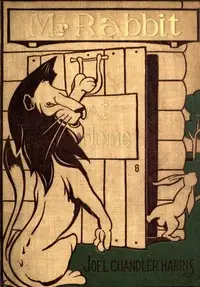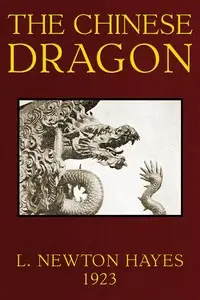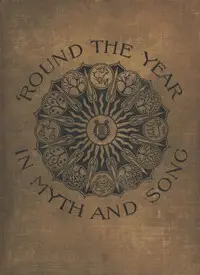"Tales of the Wild and the Wonderful" by Mary Diana Dods is a collection of narratives from the 1800's that include new stories coupled with takes on older fairy tales, diving deep into what happens when destiny, old wives tales, and knowing what will happen come together. The first tale draws us in with Rhys Meredith, who can see what will happen, and Ruth Tudor, a young woman who might be in trouble. The narrator starts the book by questioning if the stories are real. The first story creates a world inside a small Welsh town where Rhys Meredith, a strange man, makes people like him, but also fear him due to his ability to see what the future will be. Initially, Ruth Tudor does not believe him, but ends up stuck in the future that Rhys sees. Through the progression of the first story, we see Ruth battle with what her fate could be. She moves from being positive to completely defeated after a dark prophecy comes to light. The story builds to a boiling point as Ruth's fate is pulled into Rhys's evil plan, driving the story to face destiny and the results of poor choices.
![Tales of the Wild and the Wonderful [1825] by Mary Diana Dods](https://cdn.a2-host.cloud/pkcsW5L-Jyca-q1FBxD7A1jCq9AWC2XYhEgTXLsGg4g/rs:fill:760:1100:0/g:ce/aHR0cHM6Ly9zcC1hc3NldHMuczMudXMtd2VzdC0wMDQuYmFja2JsYXplYjIuY29tL2Jvb2svNjU1OTcvVGFsZXNfb2ZfdGhlX1dpbGRfYW5kX3RoZV9Xb25kZXJmdWxfMTgyNV9jb3Zlci5qcGc.webp)
Tales of the Wild and the Wonderful [1825]
By Mary Diana Dods
In a land of superstition and prophecy, a young woman fights against a fate she desperately tries to escape, as a man with the gift of foresight may have darker plans.
Summary
About the Author
Walter Sholto Douglas (1790–1830), born under the name Mary Diana Dods, was a Scottish writer of books, stories and other works. Despite being assigned a female identity, Douglas lived as a man in his private, public, and work life. Most of his works appeared under the pseudonym David Lyndsay. His name may have been partly inspired by his grandfather's name, Sholto Douglas, 15th Earl of Morton. He was a close friend and confidant of Mary Shelley, and the husband of Isabella Robinson. In 1980, scholar Betty T. Bennett sensationally outed Douglas, connecting his deadname with his writing pseudonym.
Walter Sholto Douglas (1790–1830), born under the name Mary Diana Dods, was a Scottish writer of books, stories and other works. Despite being assigned a female identity, Douglas lived as a man in his private, public, and work life. Most of his works appeared under the pseudonym David Lyndsay. His name may have been partly inspired by his grandfather's name, Sholto Douglas, 15th Earl of Morton. He was a close friend and confidant of Mary Shelley, and the husband of Isabella Robinson. In 1980, scholar Betty T. Bennett sensationally outed Douglas, connecting his deadname with his writing pseudonym.

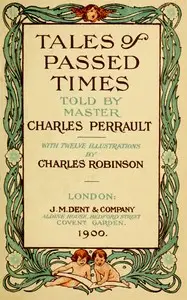
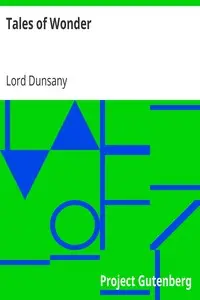
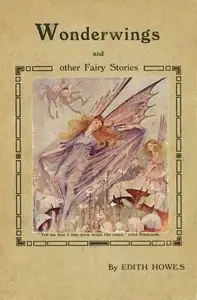
![Tales of the Wild and the Wonderful [1867] by Mary Diana Dods](https://cdn.a2-host.cloud/0zdlYvpSYfnXW0YGQwjHGqRT2OsM47gaiMBIB8p4uEg/rs:fill:215:325:0/g:ce/aHR0cHM6Ly9zcC1hc3NldHMuczMudXMtd2VzdC0wMDQuYmFja2JsYXplYjIuY29tL2Jvb2svNjYxMDYvVGFsZXNfb2ZfdGhlX1dpbGRfYW5kX3RoZV9Xb25kZXJmdWxfMTg2N19jb3Zlci5qcGc.webp)
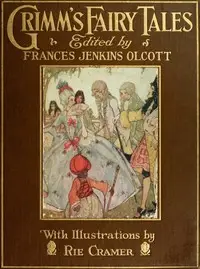
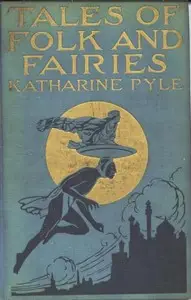

![Tales of the Wild and the Wonderful [1825] by Mary Diana Dods](https://cdn.a2-host.cloud/99xXHrG8Wi5hFtIVVxkaBp0K8ETPkFmefMMsYfdYNlQ/rs:fill:215:325:0/g:ce/aHR0cHM6Ly9zcC1hc3NldHMuczMudXMtd2VzdC0wMDQuYmFja2JsYXplYjIuY29tL2Jvb2svNjU1OTcvVGFsZXNfb2ZfdGhlX1dpbGRfYW5kX3RoZV9Xb25kZXJmdWxfMTgyNV9jb3Zlci5qcGc.webp)
